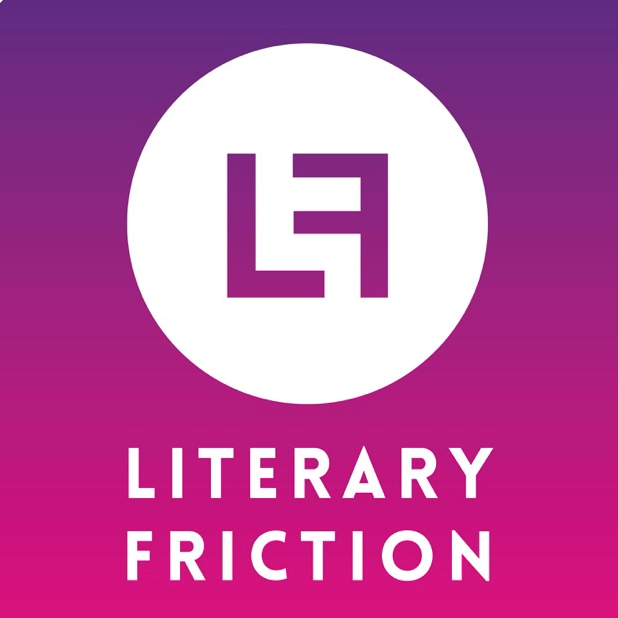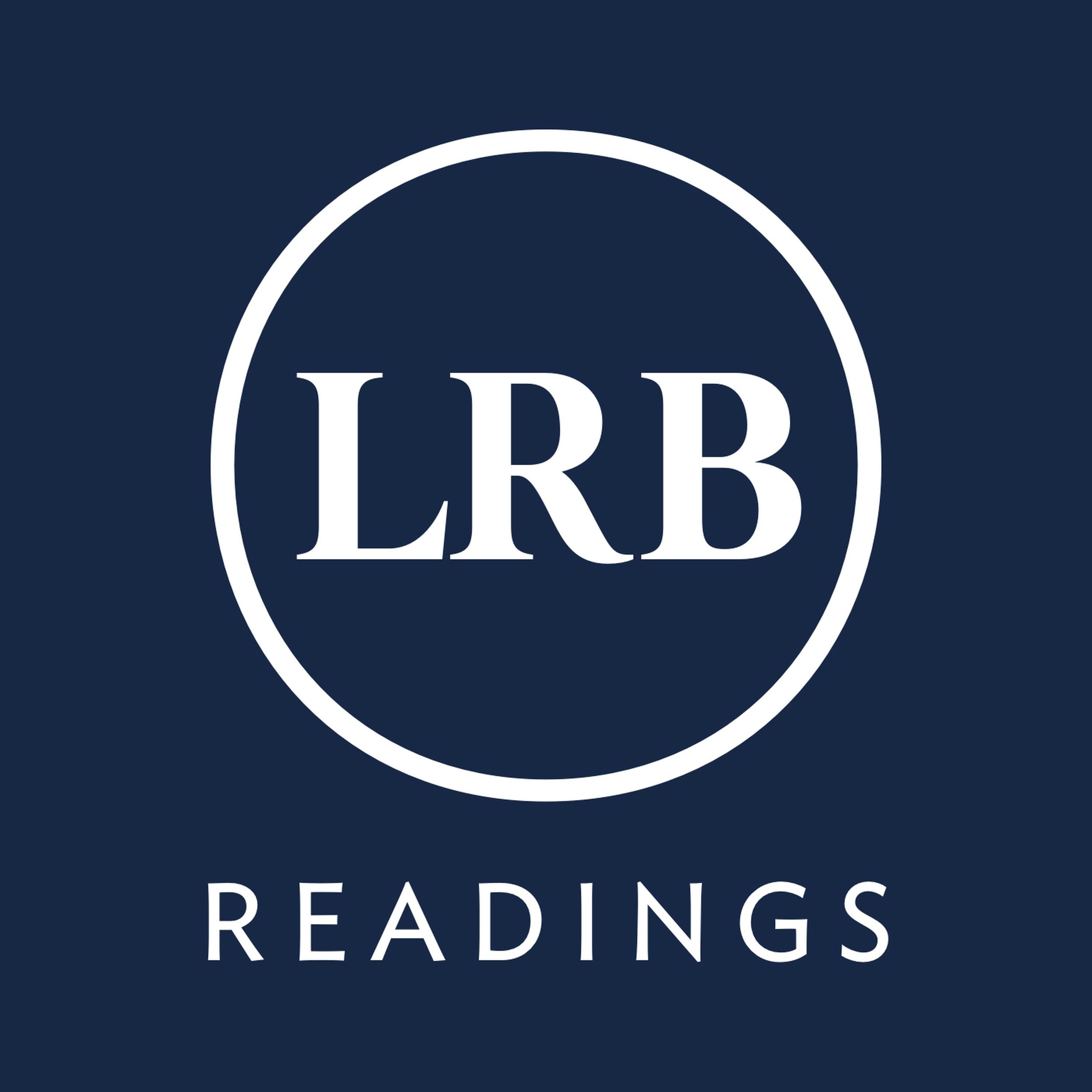Deborah Levy
An intro to the wonders of Deborah levy
by Chloe Blades, Bookseller @ Unity Books Auckland
The 2016 Booker Shortlisted novel Hot Milk was recommended by a member of staff at Unity long before I worked there. It was the first book I bought after moving from the UK and I remember thinking a book about female sexuality, power and myth wasn’t for me. I liked essays, biography and American Politics. God knows who I was in 2016, because now in 2023 everything I’ve read more or less since is about female sexuality, power and myth. I love women and everything they’re capable of. I have Hot Milk down as the catalyst and any Mother should buy it for their daughter and have their own bookclub on it.
When our Penguin Rep brought a copy of Levy’s forthcoming novel August Blue into the shop a few weeks ago it gave the day an air of Christmas. I’ve taken it home and read the opening chapter three times now, because, like all of her books, there’s so much more to every sentence than the words in it. This is the kind of proof that will do the rounds amongst the staff, like Hanya Yanagihara’s To Paradise or Charlotte Grimshaw’s The Mirror Book did so I’ll have to part ways with it soon. Levy’s living-biography series (which come with the simplest blue, yellow and red covers) Things I Don’t Want to Know, The Cost of Living and Real Estate are artistic masterpieces and my all time favourite works of non-fiction - unsurprising as they’re the perfect blend of essay and biography.
Take this extract from The Cost of Living, for example, the second instalment in the trilogy:
As Orson Welles told us, if we want a happy ending, it depends on where we stop the story. One January night I was eating coconut rice and fish in a bar on Colombia’s Caribbean coast. A tanned, tattooed American man sat at the table next to me. He was in his late 40s, big muscled arms, his silver hair pinned into a bun. He was talking to a young English woman, perhaps 19 years old, who had been sitting on her own reading a book, but after some ambivalence had taken up his invitation to join him. At first he did all the talking. After a while she interrupted him.
Her conversation was interesting, intense and strange. She was telling him about scuba diving in Mexico, how she had been underwater for 20 minutes and then surfaced to find there was a storm. The sea had become a whirlpool and she had been anxious about making it back to the boat. Although her story was about surfacing from a dive to discover the weather had changed, it was also about some sort of undisclosed hurt. She gave him a few clues about that (there was someone on the boat who she thought should have come to save her) and then she glanced at him to check if he knew that she was talking about the storm in a disguised way.
He said, “You talk a lot don’t you?”
Her astute observations shape her story of beginning again at 50; deciding to leave her husband and the family home and deconstruct the idea of the family and the home as they knew it. She questions what the cost of living is for a woman who exists in a house owned by a man while trying to be someone beyond a Mother. You can read the full excerpt on The Guardian here.
It’s the final instalment to the trilogy, Real Estate, that blew my mind. The idea that the only real estate a woman can truly own and never have taken from her is the unreal estate - that which is in her head.
“When we make a home, is a home the same thing as actually having a house? When we make a home we make a mini utopia, it doesn’t matter how humble the house is, we’re kind of designing our own happiness while making it function for ourselves and others… if patriarchy is the house, owns the house, the land on which the house is built, are women then sitting tenants?“
Levy takes ideas, parts of history, interiors and objects and adds them to her untouchable, perfect imagined real estate. She constructs a place that’s hers and hers alone, where she can sit in the Mediterranean heat with her friends around a table outside her beautiful imagined house.”This first volume of the trilogy (Things I Don’t Want to Know) focuses on the writer as a young woman - the confusion and turbulence of youth, and the uncertainties of carving an identity as a writer. The second volume, The Cost of Living, speaks to the challenges of middle age as a writer and a woman - motherhood, separation, bereavement.” While Real Estate is Levy’s life as an artist and a woman as she enters her 60s. It’s remarkable. She’s remarkable. Everyone should read all of her books.
Reviews on Levy’s work we loved:
Swimming Home reviewed in The New Yorker:
“Fictional English families summering in the South of France never seem to have an easy time of it. In Levy’s exquisite novel, which was shortlisted for the Man Booker prize, the Jacobs family—Jozef, a celebrated poet; his wife, a war correspondent; and their daughter—is no exception. Trouble arrives in the form of Kitty Finch, a voluptuous and unstable devotee of Jozef’s work, who has come to the family’s rented Provençal villa to present Jozef with a poem of her own. She soon presents him with rather more than that, and Jozef’s infidelity sets bad things in motion. Levy’s sense of dramatic form, as she hastens us toward the grim finale, is unerring, and her precise, dispassionate prose effortlessly summons people and landscapes. Two old friends “had nothing in common except they had known each other for a long time.” Wind-tossed cypress trees shake “as if they had been pushed off balance and did not quite know how to find their former shape”.
The Man Who Saw Everything in The Atlantic
“Levy’s eighth novel, The Man Who Saw Everything, features plenty of kissing in the middle of political upheaval, and outside it, too. Her third novel in seven years to be nominated for the Man Booker Prize, it confirms Levy’s rare—and ever more relevant—vision. In one short and sly book after another, she writes about characters navigating swerves of history and sexuality, and the social and personal rootlessness that accompanies both. If the themes sound weighty, Levy’s elliptical fiction is the opposite, thanks in part to her wry appreciation of dramatic ironies at work. Her restless protagonists travel the Continent trying to forge an identity, only to discover that history has a way of laying traps for us—and also offering escapes when we least anticipate them”.
Real Estate in The Guardian
“In Real Estate, as in The Cost of Living, Levy is preoccupied with the meaning of home, that “gendered” space that has so long been regarded as the domain of women. What does it cost a woman to make a home or to unmake one? The Cost of Living examined the author’s decision, in her 50s, to leave her marriage of 23 years and the family home that grounded it, and create a different kind of home, in a “crumbling apartment block” with her teenage daughters. In the chaos of this all-female household, she found creative liberation: ‘My 50s had been a time of change and turbulence, energetic and exciting. A time of self-respect and perhaps a sort of homecoming.’
Real Estate charts the next logical step in that process, as Levy turns 60 and her younger daughter goes off to university, unshackling her finally from domestic obligations and forcing her to confront the question of whether the empty nest really offers the freedom for which she has yearned. The magnitude of this psychological upheaval finds a parallel in geographical displacement. Levy is awarded a fellowship in Paris and leaves home at the same time as her daughter, creating for herself a literal empty nest in a barely furnished rental in the 18th arrondissement, while she fantasises about her “unreal estate”: ‘a grand old house with a pomegranate tree in the garden’”
Shop Deborah Levy
Pre-Order for May 9th
“At the height of her career, concert pianist Elsa M. Anderson - former child prodigy, now in her thirties - walks off the stage in Vienna, mid-performance.
Now she is in Athens, watching as another young woman, a stranger but uncannily familiar - almost her double - purchases a pair of mechanical dancing horses at a flea market. Elsa wants the horses too, but there are no more for sale. She drifts to the ferry port, on the run from her talent and her history. So begins a journey across Europe, shadowed by the elusive woman who bought the dancing horses.
A dazzling portrait of melancholy and metamorphosis, August Blue uncovers the ways in which we seek to lose an old story, find ourselves in others and create ourselves anew.
get to know deborah levy in a podcast
Literary Friction - Real Estate with Deborah Levy - Listen Here. “I really love the way women think”
Desert Island Discs & Deborah Levy - Listen Here.
Penguin Podcast - Deborah Levy and David Baddiel on Hot Milk and The Cost of Living. “I wanted to look at hypochondria” - Listen Here.
London Review Bookshop - Deborah Levy in conversation with Olivia Laing - Listen Here.
Listen to Deborah Levy talk about Real Estate for the Edinburgh international book festival
(Who looks like she’s living in the Mediterranean home she imagined after her divorce).
articles on and by deborah levy we loved:
How I spend it… Deborah Levy on her Writing Shed for The Financial Times.
”If there is one painting I yearn to hang on a rusty nail in my writing shed and stare at every day, it is Eine Kleine Nachtmusik (1943) by the American surrealist Dorothea Tanning. It features two girls, one with electrified hair, standing by a half-open door in a long corridor lined with a blood-red carpet. Meanwhile, a giant writhing sunflower is climbing the stairs. For some reason this image always opens my mind and makes a space for something to happen in my own writing. As do the various feathers and stones I have collected on walks. I like to be surrounded by objects and art while I write my books. Sometimes a particular image becomes a sort of companion; it thinks with me in the long writing hours.”In Coming-of-Middle-Age Stories, Adults Grow Up Too for The New Yorker.
“Virginia Woolf recommended a room of one’s own, but a time may come, in a woman’s life, when she prefers a house, one that she can have all to herself. It might happen after her children, if she has children, are grown, or think they are. Her marriage has perhaps run its course. She has been, among whatever other professional or creative lives she has lived, a “homemaker,” a title that has always implied the making of a home primarily for the use of others, and now she finds that she wants to make a home for her own use.”
Watch Deborah Levy in her writing shed on her book An Amorous Discourse in the Suburbs of Hell:









